Electric vehicles are the future of transportation. With the rise of environmental consciousness and advancement of technology, Electric vehicles (EVs) have gained popularity globally. Pakistan has announced that they plan to have 30 percent electric vehicles by 2030. This announcement is a significant step towards a greener future, and this trend is quickly spreading across some parts of Asia.
Mahindra Electric Vehicles
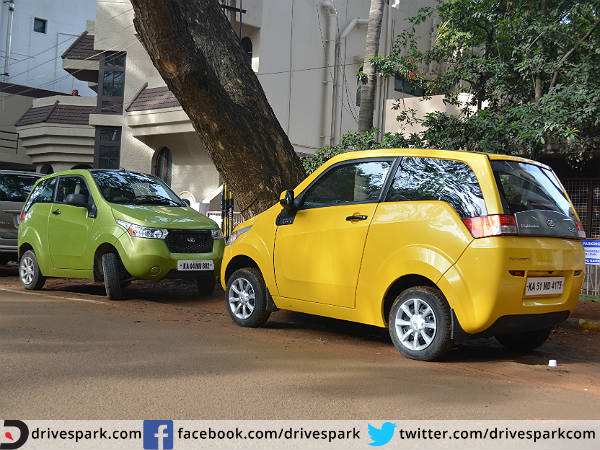
Mahindra Electric Vehicles is one of the companies that are contributing to India's transition to electric vehicles. As per recent updates, Mahindra Electric Vehicles will soon contribute 2-5 percent to India's electric vehicle market. That's great news! The company's focus on EVs is expected to grow, enabling more EV users in the country.
Tax Deduction/Rebate for EVs in India
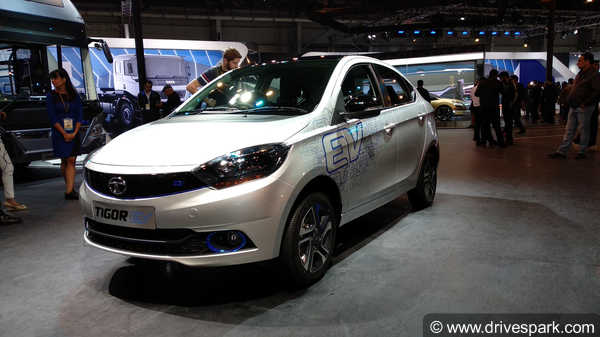
To promote the adoption of electric vehicles in India, the government is offering tax deductions of up to INR 50,000. Electric vehicles save on maintenance and fuel costs, and the tax rebates are a great incentive for people to switch to EVs. Additionally, the government is also offering incentives such as free parking, no road tax, and the right to receive green license plates.
Ola's Plans for Electric Vehicles
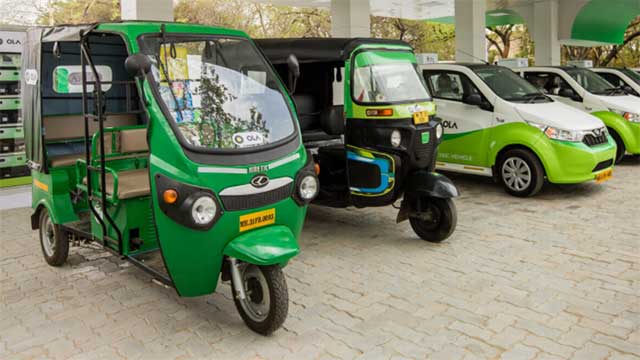
Ola, the ride-sharing platform, has been planning to introduce electric vehicles to its platform for some time now. The plan includes manufacturing electric vehicles and collaborating with other manufacturers. The company aims to have 10,000 e-rickshaws and 1 million electric vehicles on Indian roads by 2022. Ola has already started investing in this direction by launching its Ola Electric Mobility arm.
Indian Government Tightens Localization Norms for EVs
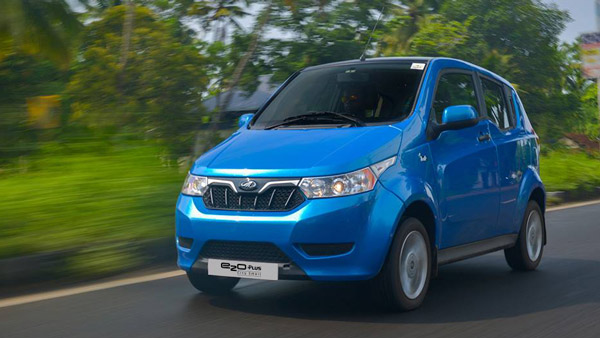
The Indian government is trying to increase the production and distribution of electric vehicles in India. The government has tightened the localization norms, requiring that 50 percent of the EVs' components must be locally sourced to avail incentives under the Faster Adoption and Manufacturing of Hybrid and Electric Vehicles (FAME) scheme. The new policy aims to promote the development of domestic EV manufacturers and encourage more electric vehicle production in India.
India's Changing Focus on Electric Vehicles

India's automobile industry is now changing its focus from producing vehicles equipped with internal combustion engines (ICE) to electric vehicles. The emphasis is on EVs because the country has committed to reducing its carbon emissions by 30-35 percent by 2030. This shift in focus shows that the government is taking environmental concerns seriously. It also shows the automobile industry's acceptance and adaptability to new technologies to meet the country's evolving needs.
Investing in India's Electric Vehicles

The Indian government is backing electric vehicles with a significant investment of INR 10,000 crore as part of the Faster Adoption and Manufacturing of Hybrid and Electric Vehicles (FAME) scheme. This investment will help in creating infrastructure such as charging stations, setting up battery production units, and boosting the EV manufacturing industry. Apart from government investment, various automobile companies like Mahindra, Tata, and Bajaj have also invested in India's EV industry.
Best Electric Cars in India in 2021
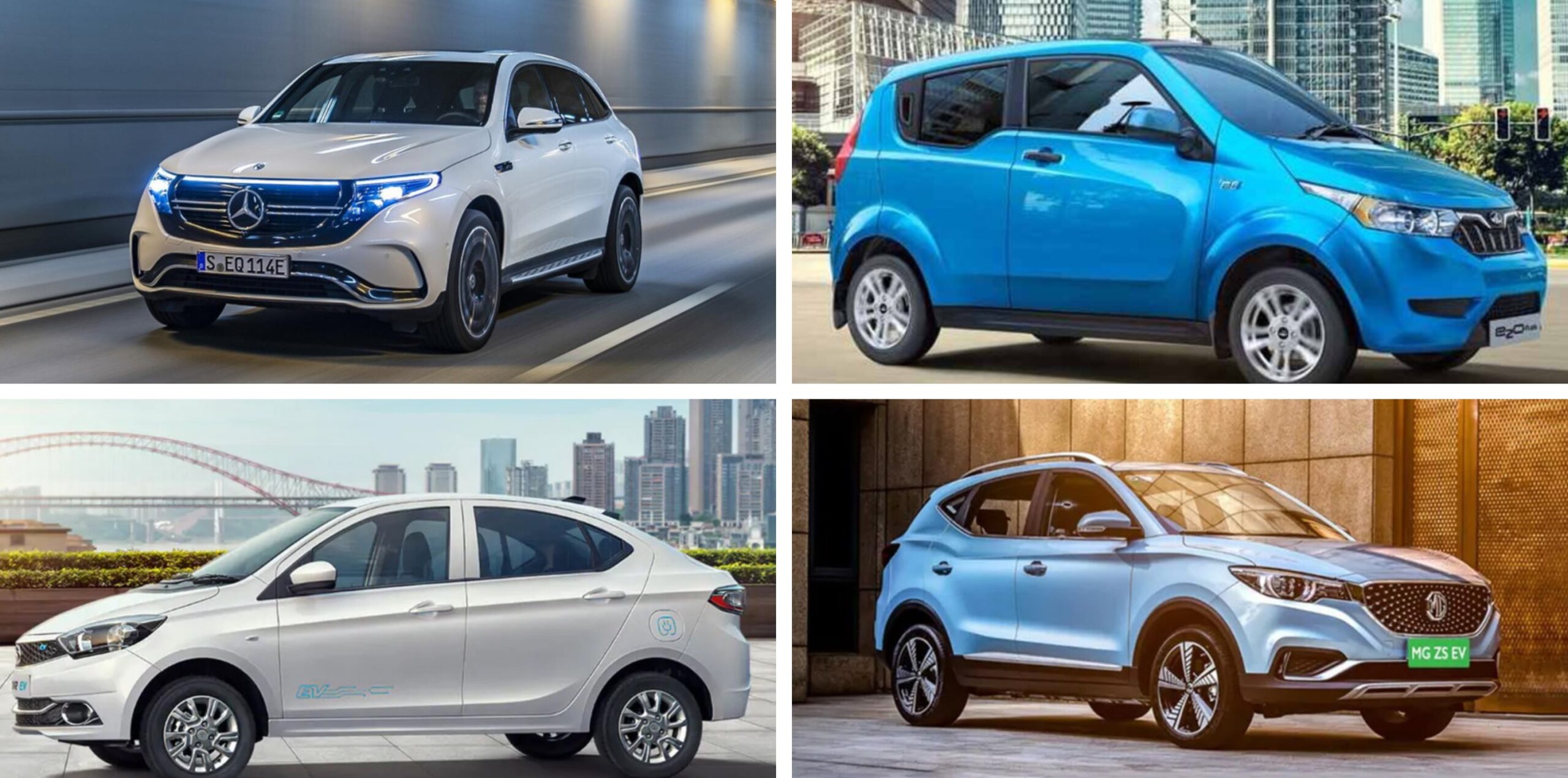
Electric cars are becoming a popular option in India, and people who want to own an EV have many choices. India's automobile industry is buzzing with electric vehicle brands like Tata, Mahindra, Hyundai, MG Motors, to name a few. The most popular EV models in India include the Tata Nexon, Mahindra E2O Plus, Hyundai Kona Electric, and MG Motors ZS EV. These electric cars have impressive ranges, features, and performance, and they are great options for short commutes and daily errands.
Electric vehicles are the future of transportation, and with the world's increasing environmental concerns, the transition from ICE to EVs is necessary to reduce carbon emissions and protect our planet. With the Indian government's investment in the FAME program and the automobile industry's changing focus towards EV production, India is slowly and steadily moving towards an eco-friendly future.
If you are looking for Mahindra Electric Vehicles To Contribute 2-5 Percent In India Soon you've came to the right web. We have 8 Pics about Mahindra Electric Vehicles To Contribute 2-5 Percent In India Soon like Pakistan to have 30 per cent electric vehicles by 2030, announces, India changing focus of new electric vehicles policy - i-Micronews and also Electric Vehicles In India Backed By Rs 10,000 Crore Investment As Part. Read more:
Mahindra Electric Vehicles To Contribute 2-5 Percent In India Soon
 www.drivespark.com
www.drivespark.com vehicles electric india mahindra percent contribute soon drivespark
Electric Vehicles In India: Tax Deduction/Rebate Up To Rs 50,000 For
 www.drivespark.com
www.drivespark.com tata tigor ev electric india cars vehicles car drivespark tax range battery plant himachal percent pradesh deduction go launch rs
Pakistan To Have 30 Per Cent Electric Vehicles By 2030, Announces
 pk.mashable.com
pk.mashable.com electric vehicles pakistan ev un country ambassador auto 2030 cent announces per mashable
Electric Vehicles In India Backed By Rs 10,000 Crore Investment As Part
 www.eqmagpro.com
www.eqmagpro.com electric vehicles india fame investment ii crore rs project part backed
Best Electric Cars In India - With Price & All Details (2021)
 indiadeets.com
indiadeets.com electric india cars 2021 price
Electric Vehicles In India: Government Tighten Localisation Norms Ahead
 www.drivespark.com
www.drivespark.com fame norms scheme localisation government vehicles electric india drivespark implementation tighten ahead
All You Need To Know About Ola's Plans To Put Electric Vehicles On
 qrius.com
qrius.com electric vehicles roads india indian ola put plans need know aims introducing mission million credit 2021 twitter
India Changing Focus Of New Electric Vehicles Policy - I-Micronews
 www.i-micronews.com
www.i-micronews.com micronews electrive
Electric vehicles roads india indian ola put plans need know aims introducing mission million credit 2021 twitter. Electric vehicles in india backed by rs 10,000 crore investment as part. Electric vehicles in india: tax deduction/rebate up to rs 50,000 for

0 Comments